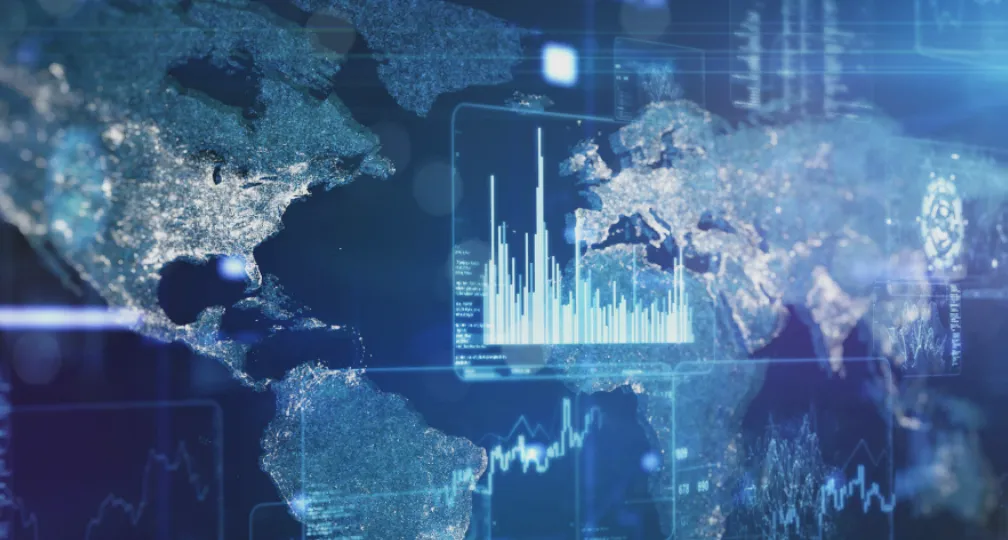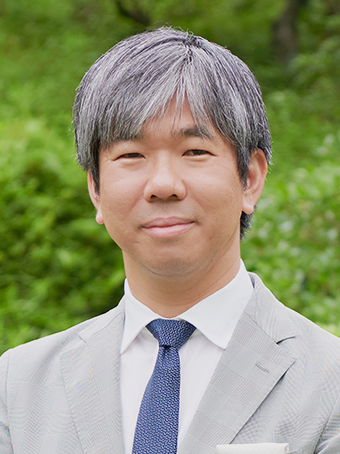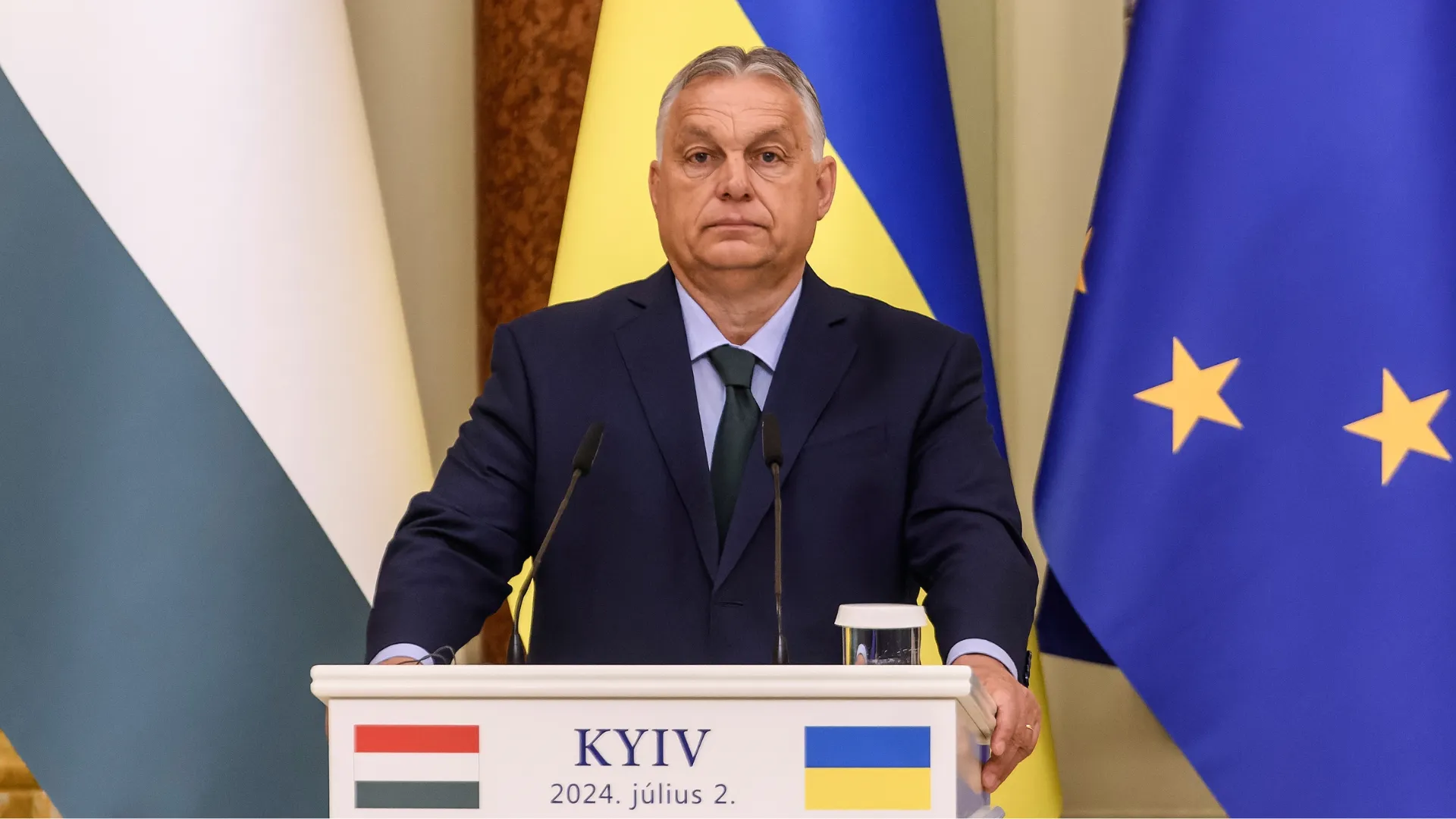Japan needs to come up with a new geoeconomic strategy

The strategy states that it is intended to cover a period of around 10 years. And, in the nearly nine years since its creation, the world has faced a great change in international order, including the ongoing Russian aggression in Ukraine.
The government began hearing the opinions of experts in January to kick off the process of revision.
Unlike when the strategy was first created, the government has not established a panel of experts this time. Instead, the Cabinet Secretariat’s National Security Secretariat appears to be working on the draft along with bureaucrats from the Defense Ministry and the Foreign Ministry.
It is likely that the government will put together the draft of the revision during summer and fall.
One thing to watch will be how economic security will be positioned in the strategy.
The term was not included in the initial strategy document released in 2013, but recently serious concerns have arisen over U.S.-China confrontations and moves to decouple from China, as well as Beijing pressuring other countries by taking advantage of their economic relationships.
As the Kishida administration gears up discussion on drafting a new national security strategy, the biggest change between 2013 and now is that the issue of economic security has been attracting attention.
Economic statecraft
The Kishida administration is not the first Japanese government to work on economic security or geoeconomic challenges.
After World War II, Japan pursued the path of a pacifist nation under Article 9 of the Constitution, which states, “the Japanese people forever renounce war as a sovereign right of the nation and the threat or use of force as means of settling international disputes.”
Unlike other major industrialized countries, Japan has continued efforts to expand its influence in the global community through nonmilitary means due to both its constitutional constraints and remorse over its wartime aggression.
It can be said that Japan positioned economic statecraft — the use of economic means as foreign policy tools — at the center in identifying its postwar diplomacy.
In “The Diplomatic History of Postwar Japan,” a book edited by Makoto Iokibe, professor emeritus of Kobe University, Iokibe wrote that Japan settled on the Yoshida doctrine adopted by then-Prime Minister Shigeru Yoshida’s administration of “light rearmament, dependency on the United States for its security, and emphasis on economics and commercial development.”
And Iokibe said, “Yoshida’s choices were to have a long and controlling influence as the basis for postwar Japan.”
Postwar Japan’s pursuit of such foreign policies resulted in the country building its identity as an economic superpower.
Moreover, the international environment during the Cold War made the use of military force even more difficult. French sociologist Raymond Aron described the Cold War as “peace impossible, war improbable.”
Thinking that a nuclear war between the U.S. and the Soviet Union would obliterate human life, both the Western and Eastern bloc countries were attempting to act cautiously so that the use of military power would not lead to World War III.
Hence there was an increasing need for major industrialized countries to employ a strategy that utilized nonmilitary means, and some countries began aiming at expanding their influence through such measures as economic aid to developing nations.
Japan strategically strengthened relationships with Southeast Asian and African countries through providing official development assistance.
The Export-Import Bank of Japan, later succeeded by the Japan Bank for International Cooperation, served as the driving force behind Japan’s strategic infrastructure exports.
In 2014, Japan revised the ODA Charter to change its name to the Development Assistance Charter, in a shift from providing assistance to cooperating with equal partners.
The move reflected the government’s growing intention to link economic cooperation with national security and promote foreign economic aid strategically.
The end of the Cold War freed people from the fears of World War III and, as a result, also lowered the hurdle for the use of military force by superpowers.
Even after the end of the Cold War, Japan kept on implementing a foreign policy based on the Yoshida doctrine’s lightly armed approach and continued to work on protecting national security and interests through nonmilitary means under Article 9.
However, this foreign policy is now reaching an impasse.
De-globalization and decoupling
After the Cold War ended, people expected that it would put an end to global divisions, bringing the world together toward globalization.
They believed that democracy and capitalism would spread across the world to create one global market.
Under such assumptions, Japan and other industrialized democracies called on China to join the World Trade Organization. They also deepened economic ties with Russia mainly in the field of energy sources, regarding the country as a potential market as part of the BRICs group — Brazil, Russia, India and China.
Such recognitions were forced to change as Beijing used rare earth resources as a tool to pressure Japan, in the wake of the September 2010 collision between a Chinese fishing boat and Japan Coast Guard vessels near the Senkaku Islands, and as Moscow annexed Crimea in March 2014 through military intimidation.
Following such incidents, people began to point out the difficulties and issues regarding economic cooperation with China and Russia.
And, as can be seen from the October 2018 speech made by then-U.S. Vice President Mike Pence and the July 2019 speech by then-U.S. Secretary of State Mike Pompeo, the U.S. under President Donald Trump’s administration criticized China’s authoritarian regime and started addressing the need to review the economically interdependent relationship with Beijing — the notion of decoupling.
As confrontations and divisions between Washington and Beijing progress, Japan is also facing the need to partly review and reorganize its close supply chain relationship with China.
Some observers began to argue that the world has shifted from the era of globalization, controlled by dynamics of integration, to the era of de-globalization characterized partly by divisions and decoupling.
It will not be possible for the U.S. and China or Japan and China to decouple almost entirely like in the Cold War era.
However, as confrontations between democratic and authoritarian regimes are discussed more often, it is becoming difficult to have an optimistic outlook for China-Japan economic relations as was seen before.
That means Japan will have to create a national security strategy for the coming era by comprehensively taking into account various factors.
Japan’s Geoeconomic Strategy
To cope with such challenges that are both old and new, the term geoeconomics has been mentioned often in recent years. In addition to the often-used term geopolitics, economic tools and power are becoming more important than ever.
In the 21st century, it has become necessary to design a new foreign policy that responds to qualitative changes in international relations, including the shift in power balance brought about by the rise of emerging countries, and ensure the economy and national security connected closer together.
Since the Abe administration, Japan has been focusing on the geographic concept of the Indo-Pacific and at the same time has been stressing the importance of securing the safety of sea lines of communication and developing “open and stable seas” as part of its identity as a maritime nation.
Such intentions resulted in the “free and open Indo-Pacific” strategy put forth by Abe in August 2016 in a speech in Nairobi.
Under the strategy, which covers two oceans — the Pacific Ocean and the Indian Ocean — Japan aims to lead efforts to construct rules-based international order in the region alongside countries that share the same values.
Kishida’s economic security strategy
The Kishida administration, while succeeding the strategy promoted by the Abe administration, is also focusing more strongly on economic security, which had not been sufficiently addressed during Abe’s term, and has enacted the economic security promotion law.
Kishida’s strategy is to establish rules-based international order in the Indo-Pacific region, with Japan playing a central role and upgrading the U.S.-Japan alliance as well as the “Quad” framework of Japan, the U.S., Australia and India.
In doing so, it is necessary to more effectively respond to such issues as influence operations feared to be conducted by Beijing, as well as cyberattacks and infringement on intellectual property rights.
While concerns are growing in the international community over Beijing stepping up military activities in the South and East China seas and building military facilities on disputed islands, China remains the biggest trade partner for Japan, South Korea and members of the Association of Southeast Asian Nations (ASEAN).
As the Regional Comprehensive Economic Partnership Agreement was signed by 15 countries in the Asia-Pacific region including Japan, South Korea, China and ASEAN members in 2020, trade among these countries will continue to expand.
Japan must seriously consider a geoeconomic strategy that integrates issues related to both national security and economic interests.
It means we are now in a more difficult era — something we have never experienced before, having to struggle with threats we cannot clearly see and thus cannot easily cope with.
(Photo Credit: Getty Images)

Geoeconomic Briefing
Geoeconomic Briefing is a series featuring researchers at the IOG focused on Japan’s challenges in that field. It also provides analyses of the state of the world and trade risks, as well as technological and industrial structures (Editor-in-chief: Dr. Kazuto Suzuki, Director, Institute of Geoeconomics (IOG); Professor, The University of Tokyo).
Disclaimer: The opinions expressed in Geoeconomic Briefing do not necessarily reflect those of the International House of Japan, Asia Pacific Initiative (API), the Institute of Geoeconomics (IOG) or any other organizations to which the author belongs.

Director, International House of Japan

Group Head, Europe & Americas,
Director of Research, Asia Pacific Initiative
Director, International House of Japan
Yuichi Hosoya is professor of international politics at Keio University, Tokyo. Professor Hosoya was a member of the Advisory Board at Japan’s National Security Council (NSC) (2014-2016). He was also a member of Prime Minister’s Advisory Panel on Reconstruction of the Legal Basis for Security (2013-14), and Prime Minister’s Advisory Panel on National Security and Defense Capabilities (2013). Professor Hosoya studied international politics at Rikkyo (BA), Birmingham (MIS), and Keio (Ph.D.). He was a visiting professor and Japan Chair (2009–2010) at Sciences-Po in Paris (Institut d’Études Politiques) and a visiting fellow (Fulbright Fellow, 2008–2009) at Princeton University. [Concurrent Position] Professor, Faculty of Law, Keio University
View Profile-
 Fed-Treasury Coordination as Economic Security Policy2026.02.13
Fed-Treasury Coordination as Economic Security Policy2026.02.13 -
 What Takaichi’s Snap Election Landslide Means for Japan’s Defense and Fiscal Policy2026.02.13
What Takaichi’s Snap Election Landslide Means for Japan’s Defense and Fiscal Policy2026.02.13 -
 Challenges for Japan During the U.S.-China ‘Truce’2026.02.12
Challenges for Japan During the U.S.-China ‘Truce’2026.02.12 -
 India and EU Sign Mother of All Deals2026.02.09
India and EU Sign Mother of All Deals2026.02.09 -
 Orbán in the Public Eye: Anti-Ukraine Argument for Delegitimising Brussels2026.02.04
Orbán in the Public Eye: Anti-Ukraine Argument for Delegitimising Brussels2026.02.04
 Orbán in the Public Eye: Anti-Ukraine Argument for Delegitimising Brussels2026.02.04
Orbán in the Public Eye: Anti-Ukraine Argument for Delegitimising Brussels2026.02.04 Fed-Treasury Coordination as Economic Security Policy2026.02.13
Fed-Treasury Coordination as Economic Security Policy2026.02.13 When Is a Tariff Threat Not a Tariff Threat?2026.01.29
When Is a Tariff Threat Not a Tariff Threat?2026.01.29 Oil, Debt, and Dollars: The Geoeconomics of Venezuela2026.01.07
Oil, Debt, and Dollars: The Geoeconomics of Venezuela2026.01.07 India and EU Sign Mother of All Deals2026.02.09
India and EU Sign Mother of All Deals2026.02.09












